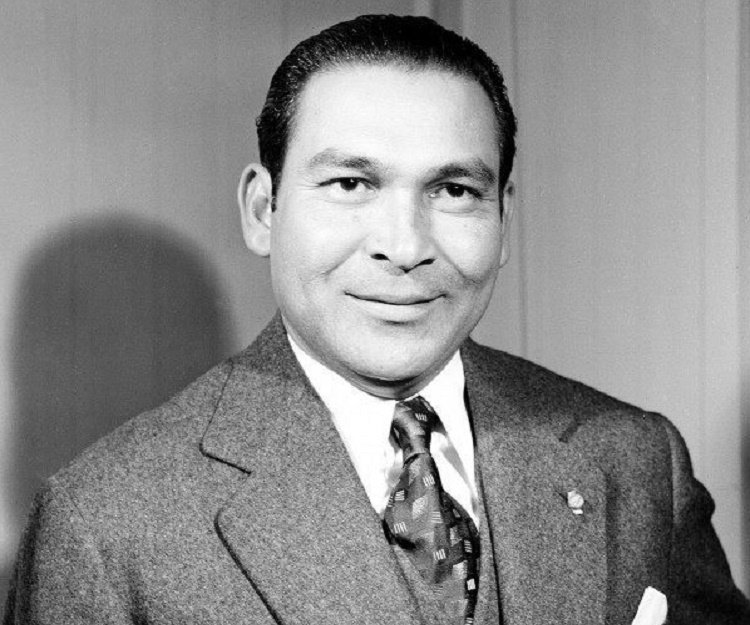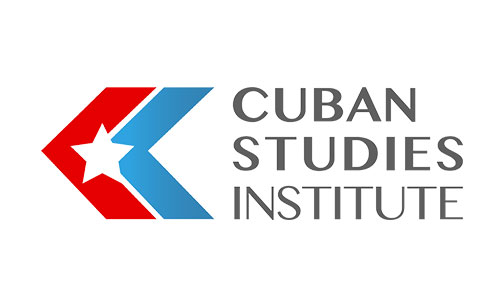Rubén Fulgencio Batista y Zaldívar (1901-1973)
President of Cuba, 1940-44 and 1952-58 and Cuban strong man from the Sergeants’ revolt of 1933 to the Revolution of 1959. Born in Banes, Oriente province, January 16, the son of a sugar cutter, he spent his early years in poverty and attended a Quaker missionary school. After leaving school he worked as a tailor’s apprentice, cane-field […]
Rubén Fulgencio Batista y Zaldívar (1901-1973) Leer más »



